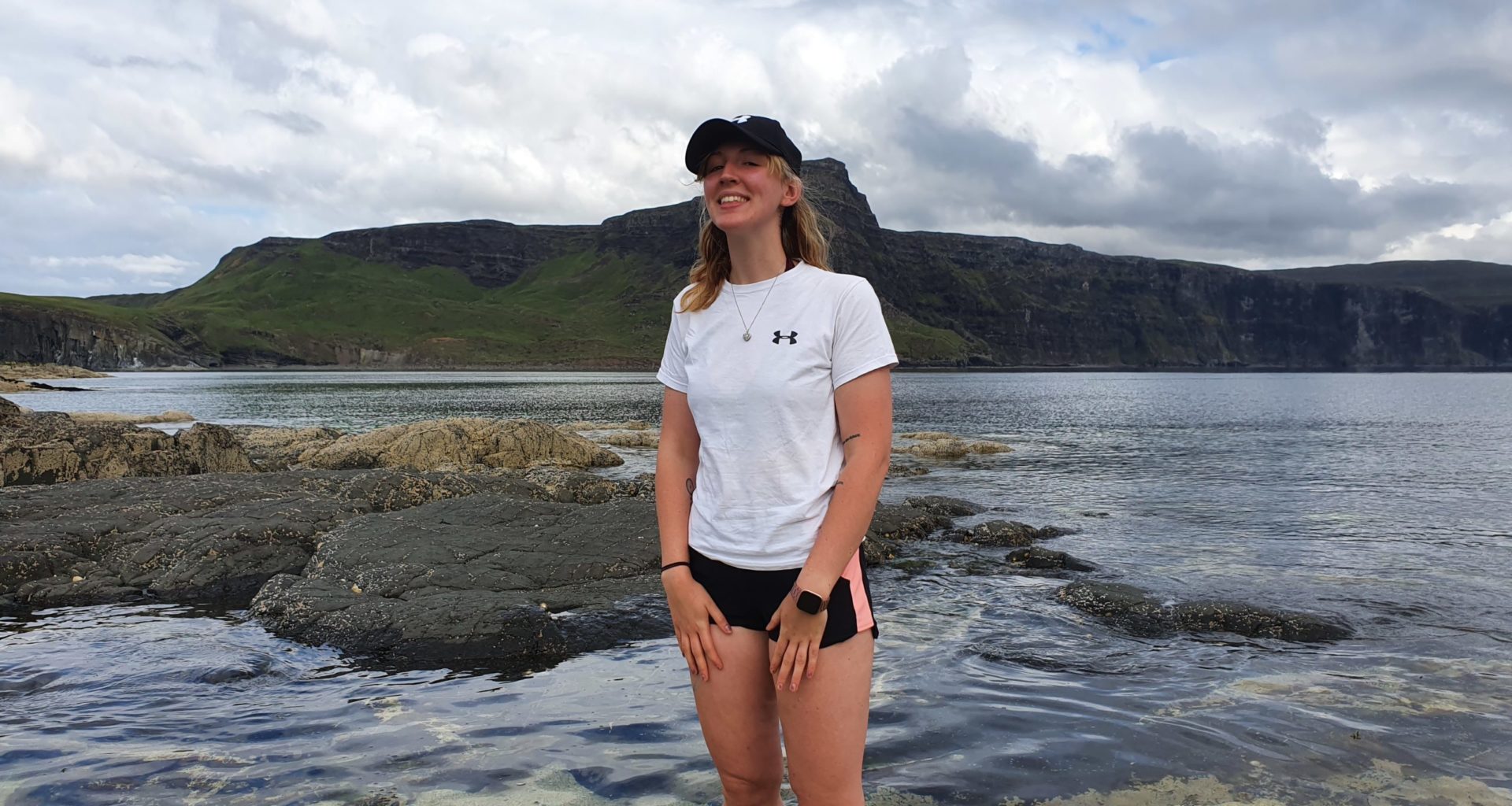Social media platforms are being urged by Scots who suffered eating disorders to be more proactive in tackling harmful content that promotes eating disorders and dramatic weight loss.
They say content found on social media through hashtags such as #thinspo (thin inspiration) and #proana (pro anorexia) can cause great harm and more needs to be done to protect vulnerable people.
The calls for action come as a new report says that teenagers with vulnerabilities such as eating disorders are nearly three times more likely to see potentially harmful content such as pro-anorexia messaging, compared to those “less emotionally invested in fulfilling their needs online”.
The Refuge and Risk, published by Internet Matters on 13 January, has suggested a raft of recommendations to protect young people from online harms.
The study of more than 6500 school children aged between 11 and 17, said it was time for tech companies to take down content encouraging suicide, anorexia or self harm, and to ensure harmful content was not repeatedly “served up”.
Eating disorder promotion online
Many young people have been turning to social media sites as they try to achieve unhealthy low weights.
Some have formed a ‘pro-ana’ community on platforms such as Twitter, where other users ask for advice on how to lose weight or praise others’ weight loss progress.
Mental health activist Katie Reid, a 22-year-old from Edinburgh, told The Ferret it was time for tech companies to do more to tackle such potentially harmful online content.
“Most people spend their days flicking through social media, and with that in mind it’s so much easier to find these harmful hashtags instead of searching for sites online,” she said.
Reid developed anorexia nervosa when she was a child. She was formally diagnosed at 14 after struggling to cope with anxiety and a series of traumatic events, following her move to a new school.
I would spend hours googling diets, looking at websites that helped you to indulge in pro-ana behaviours and compare myself to each and every other girl on the site – it was horrible.
Katie Reid
“When everything around me felt out of control I looked for something I was able to control – my eating,” she said.
“I ended up being admitted to Skye House adolescent mental health ward . From then on, I was tube fed for a number of months. It was without a doubt the worst period of my life.”
Reid claimed that even eight years ago content was easy to find on social media and ultimately exacerbated her condition.
She remains worried about the widespread access young people have to a variety of different platforms and the risks this could bring.
“There were the likes of Tumblr, Pinterest and only the very early form of Instagram, but even then, it was deadly easy to access ‘pro-ana’ content,” she said.
“I would spend hours googling diets, looking at websites that helped you to indulge in pro-ana behaviours and compare myself to each and every other girl on the site – it was horrible.”

Scots journalist Chelsea Rocks, who suffered an eating disorder from the age of 15, also claimed “pro-ana” messaging on social media encouraged her unhealthy behaviours when she relapsed.
“In five months, I lost nearly a third of my original body weight,” she told The Ferret. “However, I had turned 16 by this point and would not communicate with health professionals as I did not identify as anorexic or otherwise.”
“It was not until I was taken to hospital by ambulance that I acknowledged that I needed help,” said Rocks who is 24 now and no longer has an issue.
Online safeguarding of young people has been subject to increasing scrutiny in recent years.
In April 2019, the Online Harms White paper outlined the UK Government’s approach to “content or activity that harms individual users”. It found that regulatory initiatives had “not gone far enough” to keep users safe.
The report was updated in December 2020 when the government committed to enshrine in legislation, “the requirement for companies to have appropriate and proportionate measures and processes in place to ensure a higher level of protection for children and vulnerable users”.
However, the report also said there would be no requirement on companies to remove content unless related to terrorism and child exploitation.
Instead, a suggestion was made for social media sites to explicitly state what content and behaviour would be deemed acceptable on such platforms.
Many campaigners believe it does not go far enough, however, particularly when children are living in vulnerable situations.
Carolyn Bunting, chief executive of Internet Matters, said its new research showed how much children with vulnerabilities rely on their online devices for communication, entertainment and support.
Internet Matters is calling for urgent changes in the support given by adults and professionals to help vulnerable children use technology safely.
Bunting also warned: “The impulse of parents to protect them by stopping them going online is not the answer, as this may lead to a double-whammy for the child, taking away an important part of their personal and social life that they deeply rely on.”
Sarah Pedersen, professor of communication and media at Robert Gordon University, said that simply shutting down online communities used by those with eating disorders was not the answer.
“Online communities may also be offering mental health support to their users, so removing the sites just removes the support,” she said.
“Any sort of attempts to ban them from social media tends to drive users of anorexia-related material further underground.”
She added: “There have been attempts to remove this type of material from social media for the last two decades – AOL and Yahoo tried to ban pro-ana websites as far back as 2001.”
When does encouraging women to diet – and giving them hints and tips on losing weight – become a support group for eating disorders?
Sarah Pedersen, communication and media professor
But Pedersen said work should be done to ensure users of hashtags such as #proana had further help and support signposted to them.
She also believes that societal pressures on people to be thin are at fault. Pedersen said: “How many magazines, diet websites and just average sites aimed at women have used Kate Moss’ statement ‘nothing tastes as good as skinny feels’ as an inspirational quote?
“When does encouraging women to diet – and giving them hints and tips on losing weight – become a support group for eating disorders?”
Tech companies, she added, had a duty to remove any content that crossed the line into the promotion of eating disorders. “Social media sites can work to remove specifically pro-ana material,” Pedersen continued.
Dr Omara Naseem, who featured in the BBC One documentary, Freddie Flintoff: Living with Bulimia, said the hashtags #thinspo and #proana promoted “unhealthy body ideals and staying unwell”.
“Promoting them is confusing for anyone who is feeling vulnerable about their weight, shape or size,” she added.
She advised that anyone struggling with an eating disorder should unfollow feeds triggering upsetting feelings, monitor how long is spent on social media and be mindful of what is viewed.
Twitter has been asked to comment.
For help and support with eating disorders contact BEAT.














